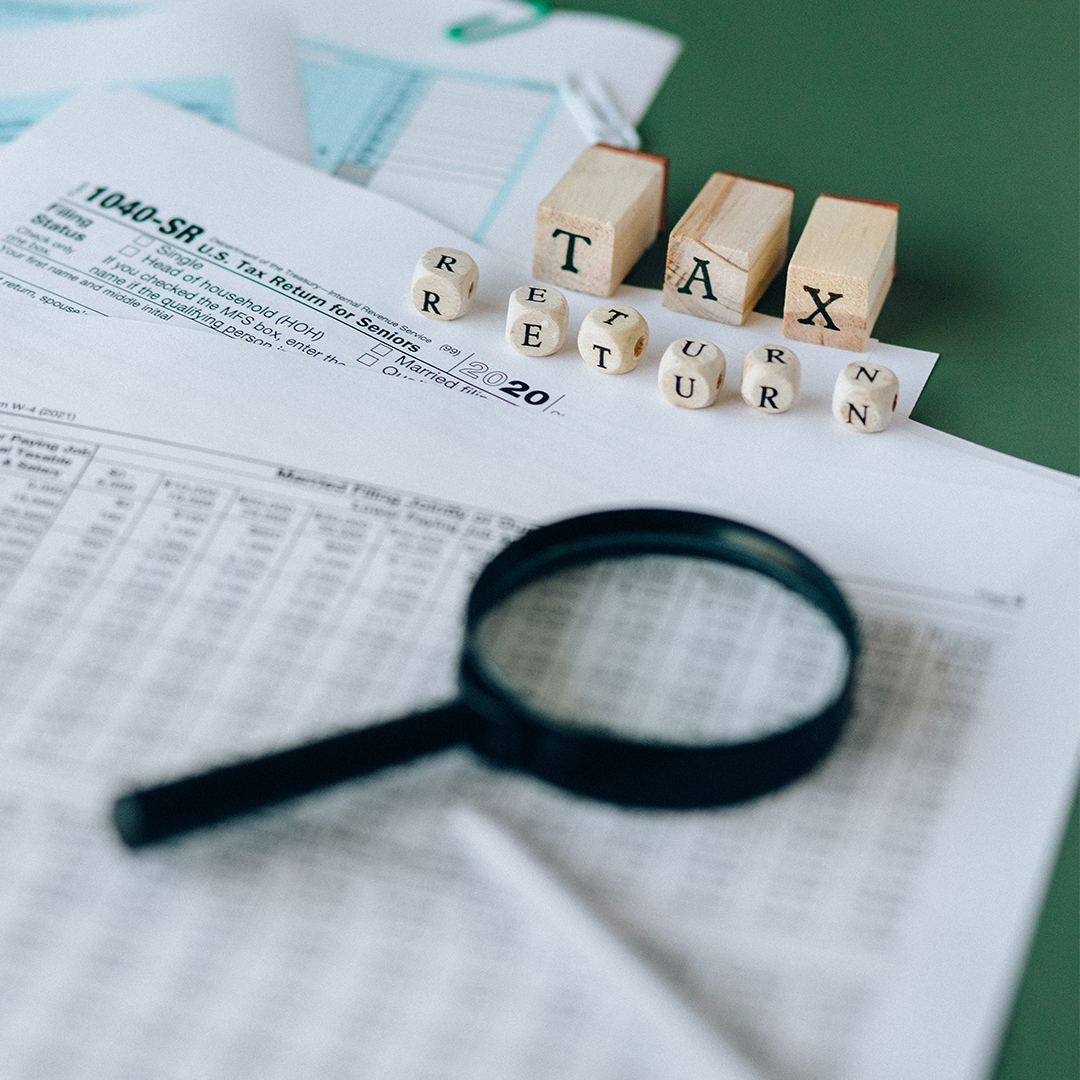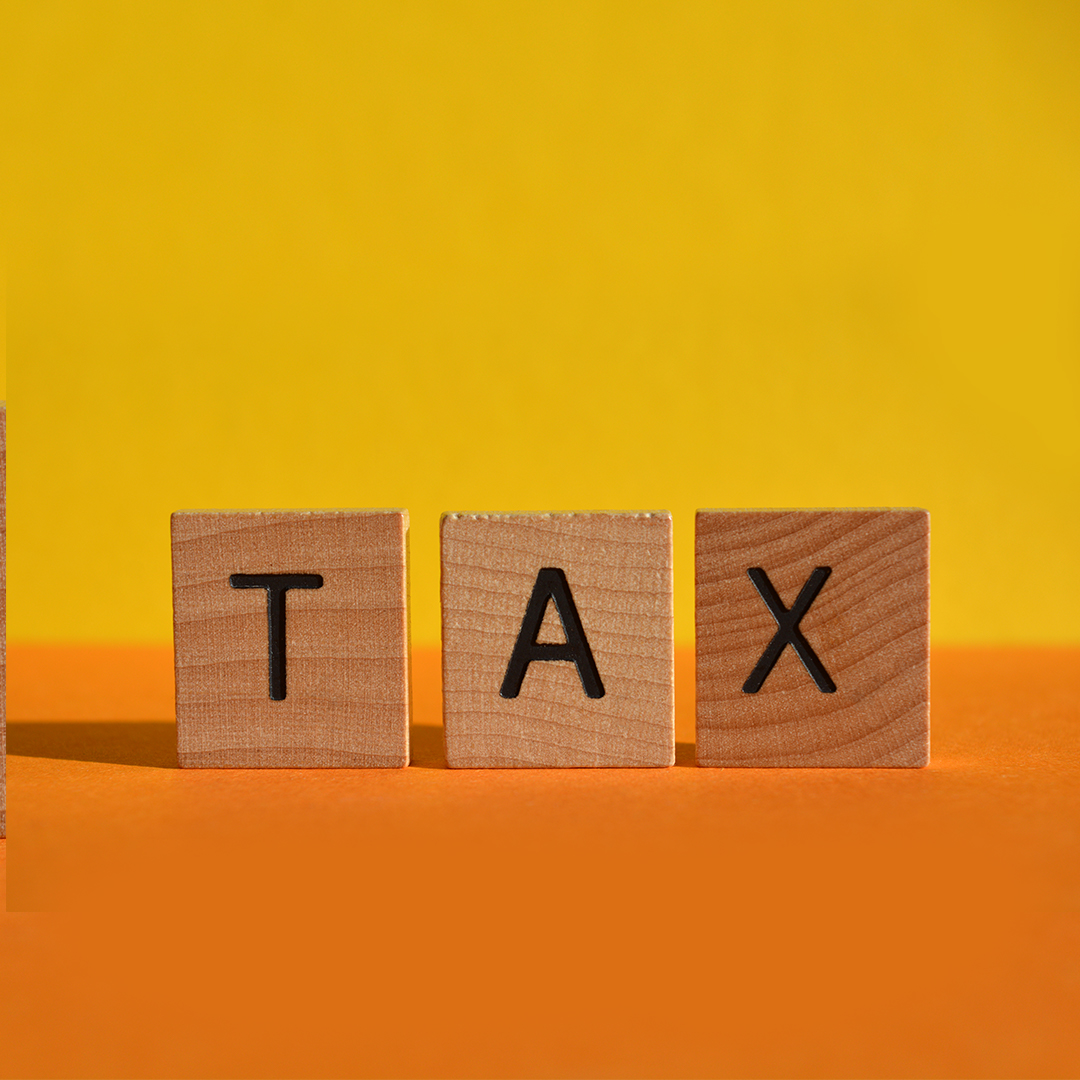Difference Between TDS & TCS
In order to generate revenue, The Govt of India collects both Direct and Indirect Tax. Direct Tax is the tax which is applicable on the income of assessee and Indirect tax is applicable on sale of goods & services. TDS stands for Tax Deducted at Source & TCS stands for Tax Collected at Source. Difference between TDS & TCS is summarized in a table below:










